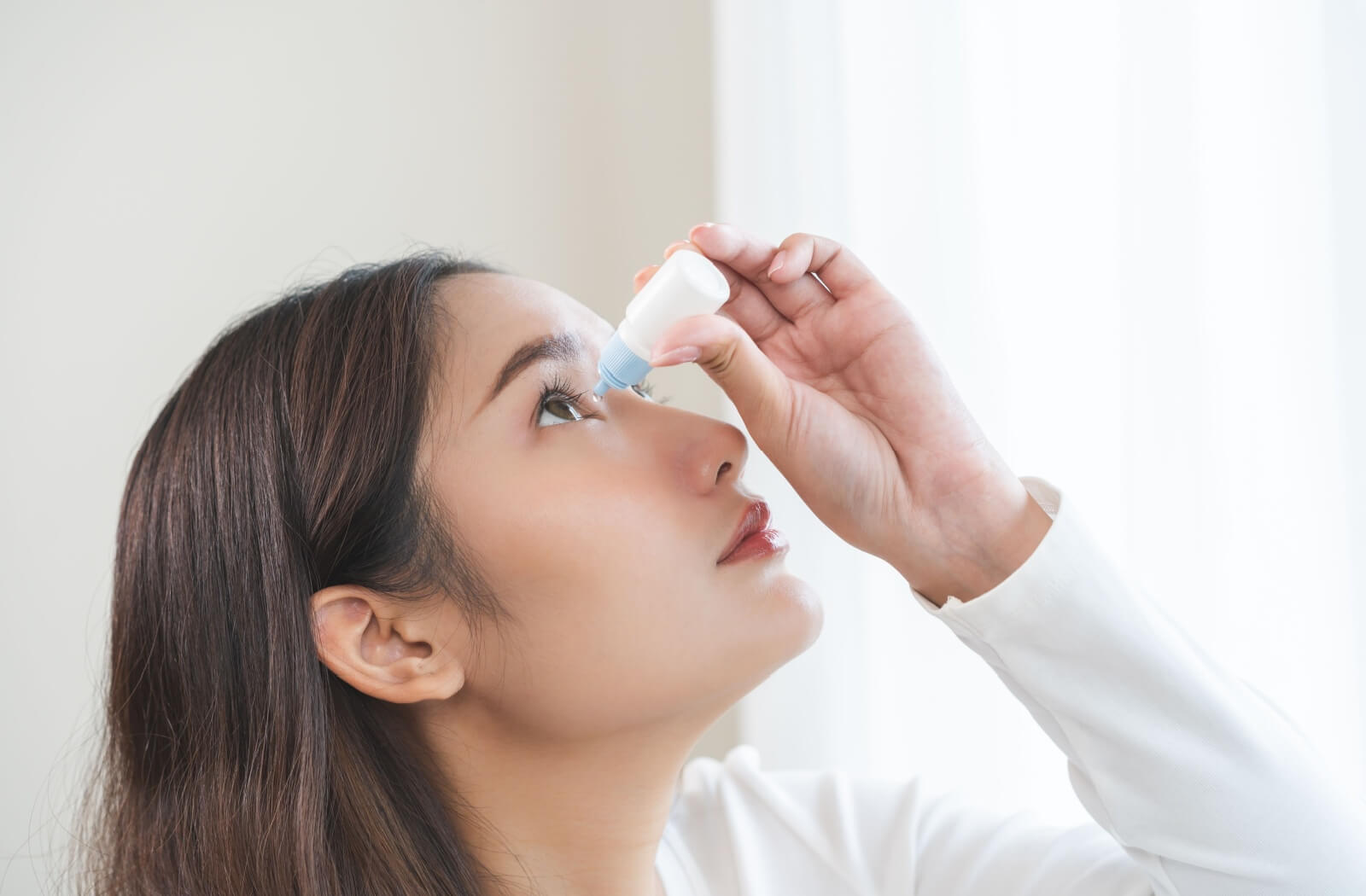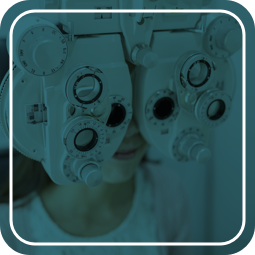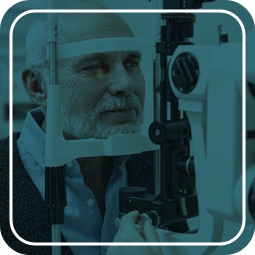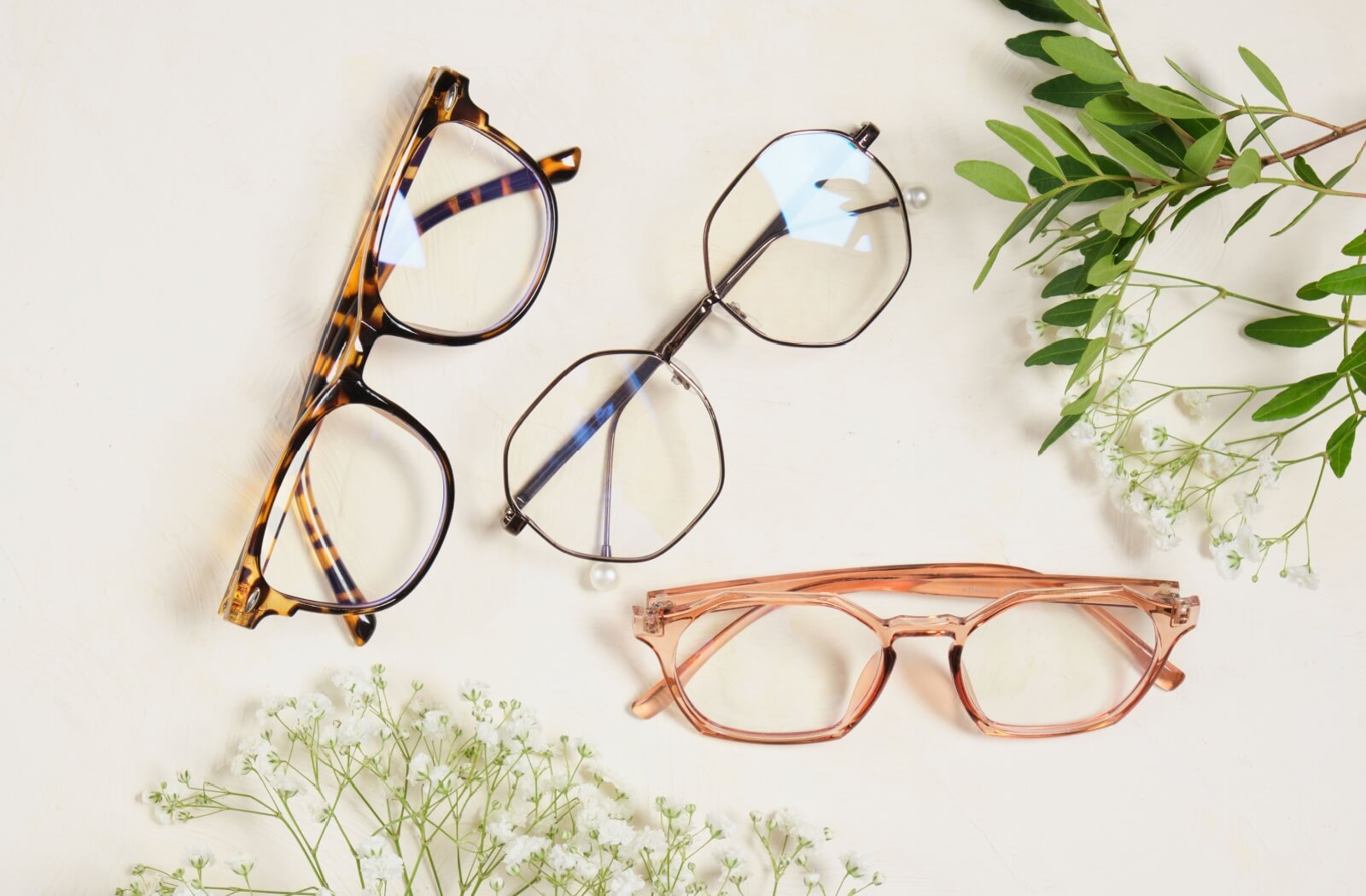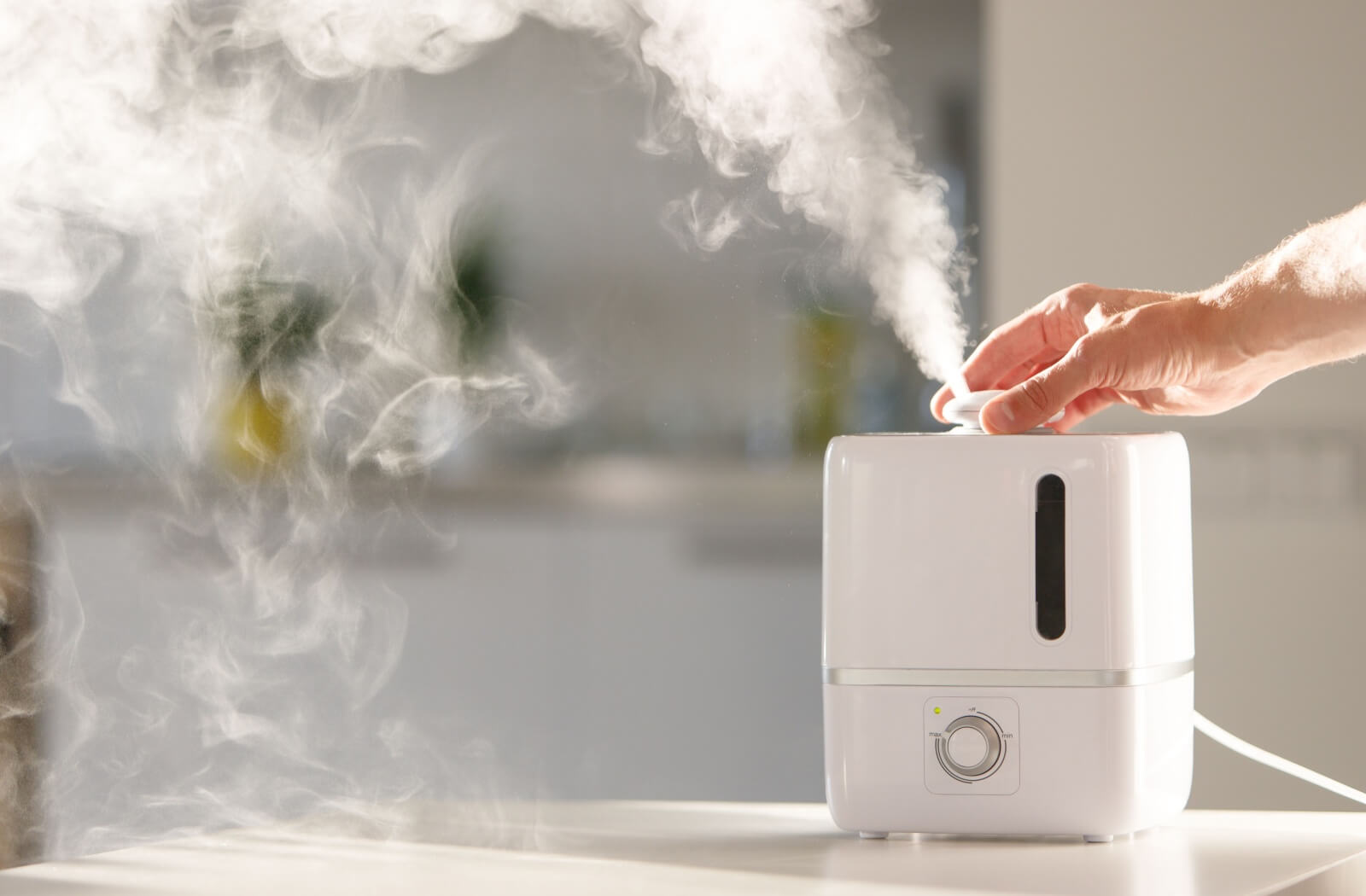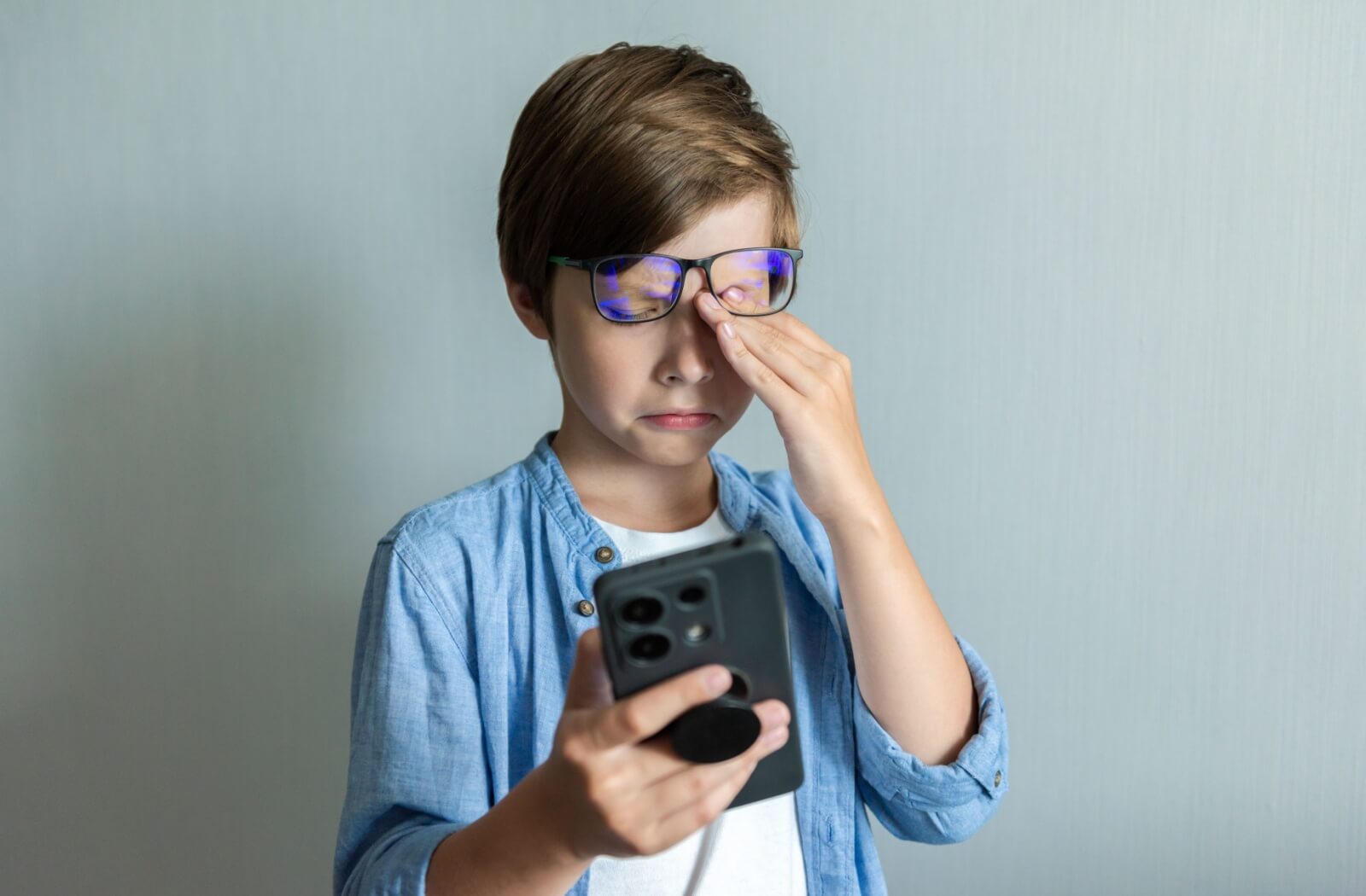Eye drops can help manage a variety of eye health concerns, from soothing dry eyes and preventing post-surgical infections to treating existing conditions. However, most formulations come with expiration dates, and many also require special storage or handling.
Using eye drops that are expired or contaminated can reduce their effectiveness and, in some cases, increase the risk of infection. While it’s not necessarily an emergency if you use expired drops once by mistake, you should keep an eye out for any symptoms that might develop as a result. If you notice any unusual redness, irritation, or signs of infection, make sure to visit your eye doctor promptly for an evaluation.
Understanding Eye Drop Expiry Dates
All pharmaceutical products in Canada are required to display an expiration date. This date indicates the last point at which the manufacturer can guarantee the product’s safety, effectiveness, and sterility.
Eye drops, in particular, must remain sterile because they come into direct contact with the surface of the eye, one of the body’s most sensitive organs. The delicate tissue of your eyes relies on a precise pH balance and specific concentrations of active ingredients to stay healthy. Over time, these factors can shift, potentially reducing the effectiveness of drops or even making them harmful.
The Role of Preservatives & Active Ingredients
Many eye drops include preservatives to prevent bacterial or fungal growth. As time passes, however, these preservatives lose their effectiveness. Similarly, active ingredients (such as lubricants, antihistamines, or antibiotics) degrade chemically over time. If your eye drops no longer work as intended or fail to control bacterial growth, they could present a risk to your health.
Choosing the Right Eye Drops for Your Comfort and Health
At Downtown Eyecare & The Contact Lens Department, we prioritize eye health by prescribing preservative-free eye drops more often than preserved ones. While preservatives prevent bacterial growth, they can cause irritation with long-term use. Preservative-free drops offer a gentler option, and modern bottle technology now provides reusable, sterile packaging without preservatives—replacing traditional single-use minim packages. Choosing the right solution can significantly enhance your eye care comfort and effectiveness.
Potential Risks of Using Expired Eye Drops
Ineffective Treatment
One of the main downsides of using expired eye drops is that they may no longer do their job effectively. If you’re relying on lubricating drops for dry eye, for instance, you might find that expired drops don’t provide the same relief they once did.
In the case of medicated drops, such as antibiotic or anti-inflammatory formulations, decreased potency can lead to inadequately treated infections or inflammation. Using expired antibiotic eye drops also poses additional risks, as their reduced potency might fail to fully treat infections, potentially contributing to antibiotic resistance.
Risk of Contamination
Contamination is a major concern with expired eye drops. As preservatives break down, bacteria or fungi can multiply inside the container—especially once it’s been opened and exposed to the environment.
Using a contaminated solution increases the likelihood of developing eye infections, which can cause redness, discharge, pain, blurred vision, and potentially more serious complications if not treated promptly.
Eye Irritation & Allergic Reactions
Even if bacteria aren’t growing in expired drops, changes in the chemical composition can cause eye irritation. The solution may become too acidic or alkaline, or previously stable ingredients could deteriorate into irritants.
Using expired eye drops may worsen an existing eye condition instead of treating it. For instance, if you have conjunctivitis (pink eye) or allergies, it’s crucial to ensure your medication is effective in combating the infection and relieving symptoms.
Common Questions About Expired Eye Drops
- “I only opened the bottle once—why would it expire so quickly?”
Eye drop bottles are designed to be sterile when sealed. Once you open them, the sterilization process is effectively compromised, and preservatives have to do the heavy lifting to keep the solution free from microbial growth. Over time, these preservatives weaken. - “It’s only been a few weeks beyond the expiration date. Isn’t that fine?”
Some products may retain partial efficacy shortly after the expiration date, but there’s no reliable way to confirm how well a solution retains its potency or sterility without rigorous testing. Since the eye is so susceptible to infection and irritation, the margin for error is small. When it comes to your vision, it’s usually best to err on the side of caution. - “But eye drops are expensive—can I just store them better?”
Proper storage can extend a product’s longevity to its printed expiry date, but once that date has passed or the product has been open for a certain duration (sometimes 30 days, sometimes up to 3 months), the risk of contamination and chemical breakdown significantly increases.
Signs Your Eye Drops Should Be Discarded
If you’re unsure about the safety of a bottle of eye drops, look for these telltale signs that it’s time to throw them away:
- Cloudiness or Discoloration: The solution should be clear (or the original color specified on the label). Any change in appearance indicates potential contamination or chemical breakdown.
- Strange Odor: A foul or off smell can suggest bacterial or fungal growth.
- Thickened Consistency: If the solution seems gel-like, grainy, or thicker than usual, it’s no longer suitable for use.
- Cracked or Damaged Packaging: A damaged bottle may have allowed contaminants to enter.
Of course, if the expiration date on the label has passed, that alone is sufficient reason to discontinue use.
How to Properly Dispose of Expired Eye Drops
Eye drops—especially medicated ones—should never be discarded in a way that risks environmental harm or accidental ingestion by children or pets. Instead:
- Seal and Discard: Replace the cap tightly and consider placing the bottle into a sealed bag before throwing it away.
- Local Take-Back Programs: Some pharmacies may offer medication take-back services, ensuring pharmaceuticals are disposed of responsibly.
- Avoid Pouring Down the Drain: While it might seem harmless, chemicals can enter the water supply and cause ecological damage.
If you have concerns about disposal, consult your local waste management guidelines or ask our team at Downtown Eyecare & The Contact Lens Department for recommendations.
How to Prevent Eye Drops From Expiring Too Soon
You can take practical steps to get the most life out of your eye drops without risking your ocular health:
- Store Them Properly: Keep them in a cool, dry place (or a refrigerator if the label instructs you to do so).
- Track Open Dates: Write the date you first opened the bottle on the label, and be aware of the product’s recommended disposal timeline.
- Keep the Cap Clean: Avoid touching the dropper tip with your fingers or to any surface, including your eye, to reduce contamination risk.
- Don’t Hoard Bottles: If you don’t use eye drops regularly, buy the smallest bottle available so you’re less likely to have leftovers that go unused.
When to Consult a Professional
If you have persistent eye discomfort or suspect an underlying issue that isn’t relieved by fresh, in-date drops, seek professional help. Chronic dryness, redness, itching, or blurred vision may indicate a more significant problem like dry eye syndrome, allergies, or another eye condition requiring specialized treatment.
Eye Health Starts with Downtown Eyecare
At Downtown Eyecare & The Contact Lens Department in Ottawa, Ontario, our team is dedicated to providing patient-focused solutions for a wide range of eye care needs. Whether you’re experiencing ongoing symptoms or simply have questions about the products you’re using, we’re here to help you navigate everything from routine eye exams to contact lens fittings.
Eye drops play a vital role in soothing irritation, managing infections, and maintaining overall eye health. However, they must be used responsibly. Once your eye drops have passed their expiration date, it’s safest to discard them, as their effectiveness and sterility can no longer be guaranteed. The potential risk of bacterial growth and eye irritation outweighs any short-term savings you might gain by using an outdated product.
Take the first step towards healthier eyes with Downtown Eyecare & The Contact Lens Department—schedule your appointment today.

